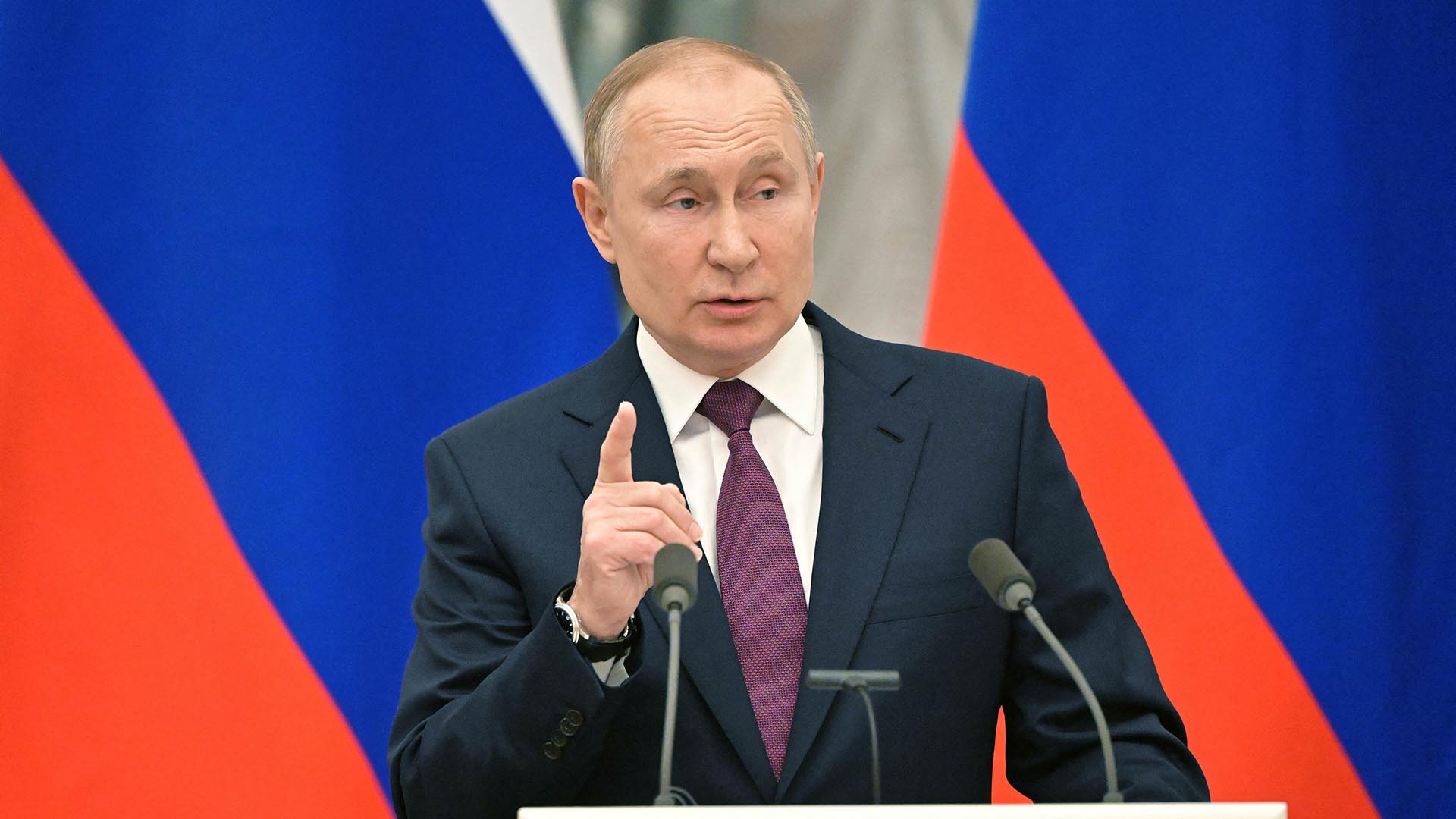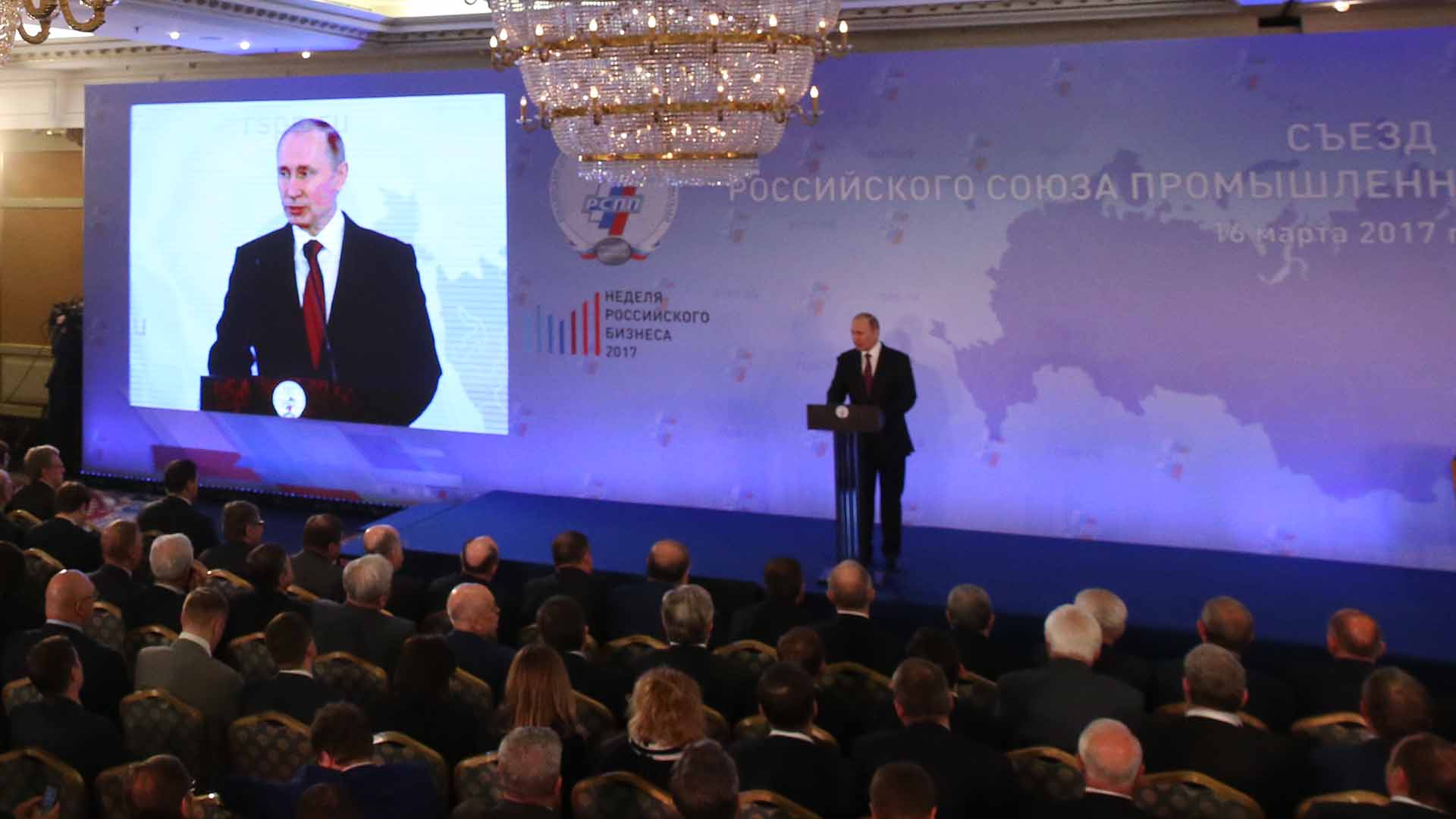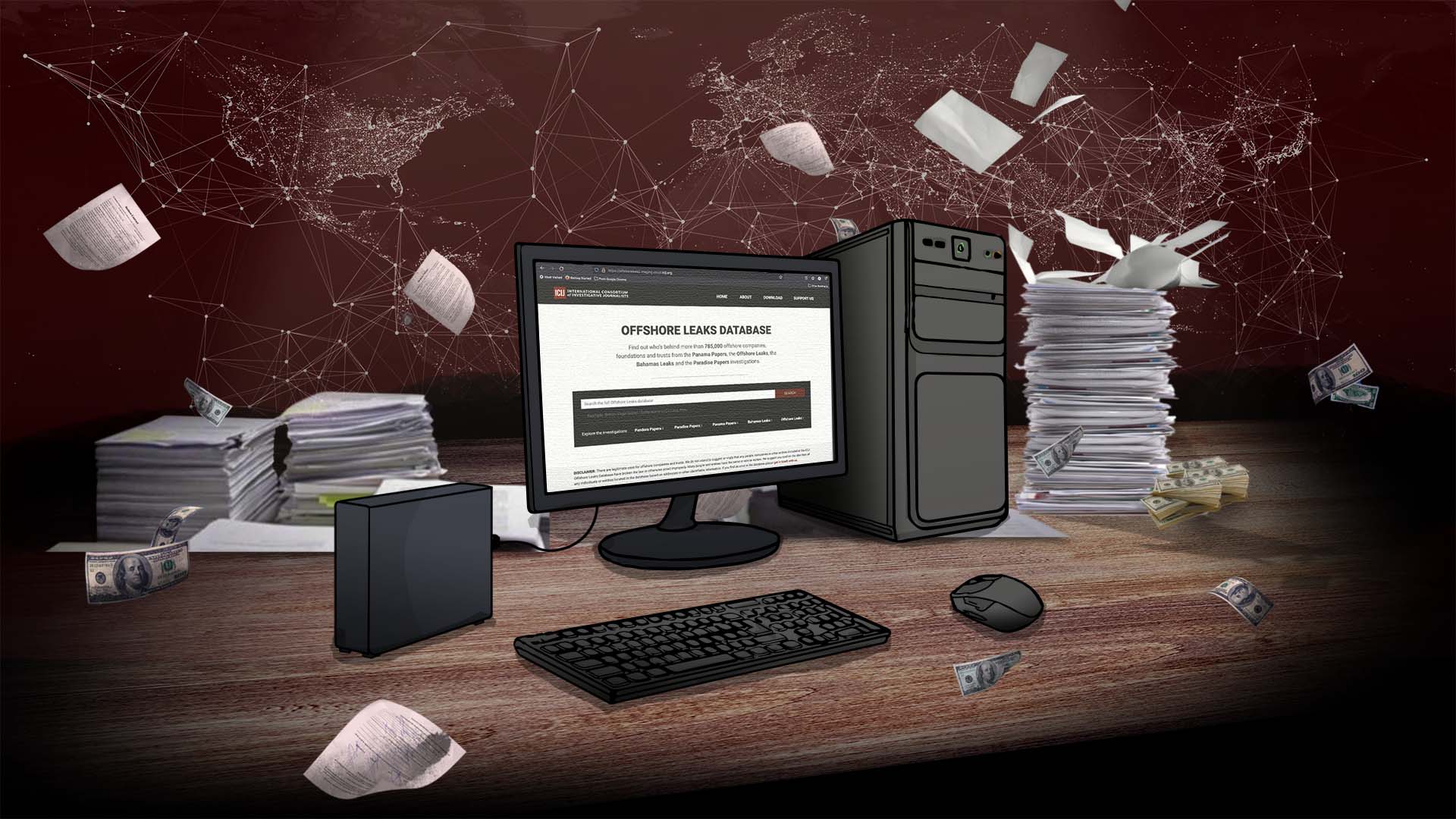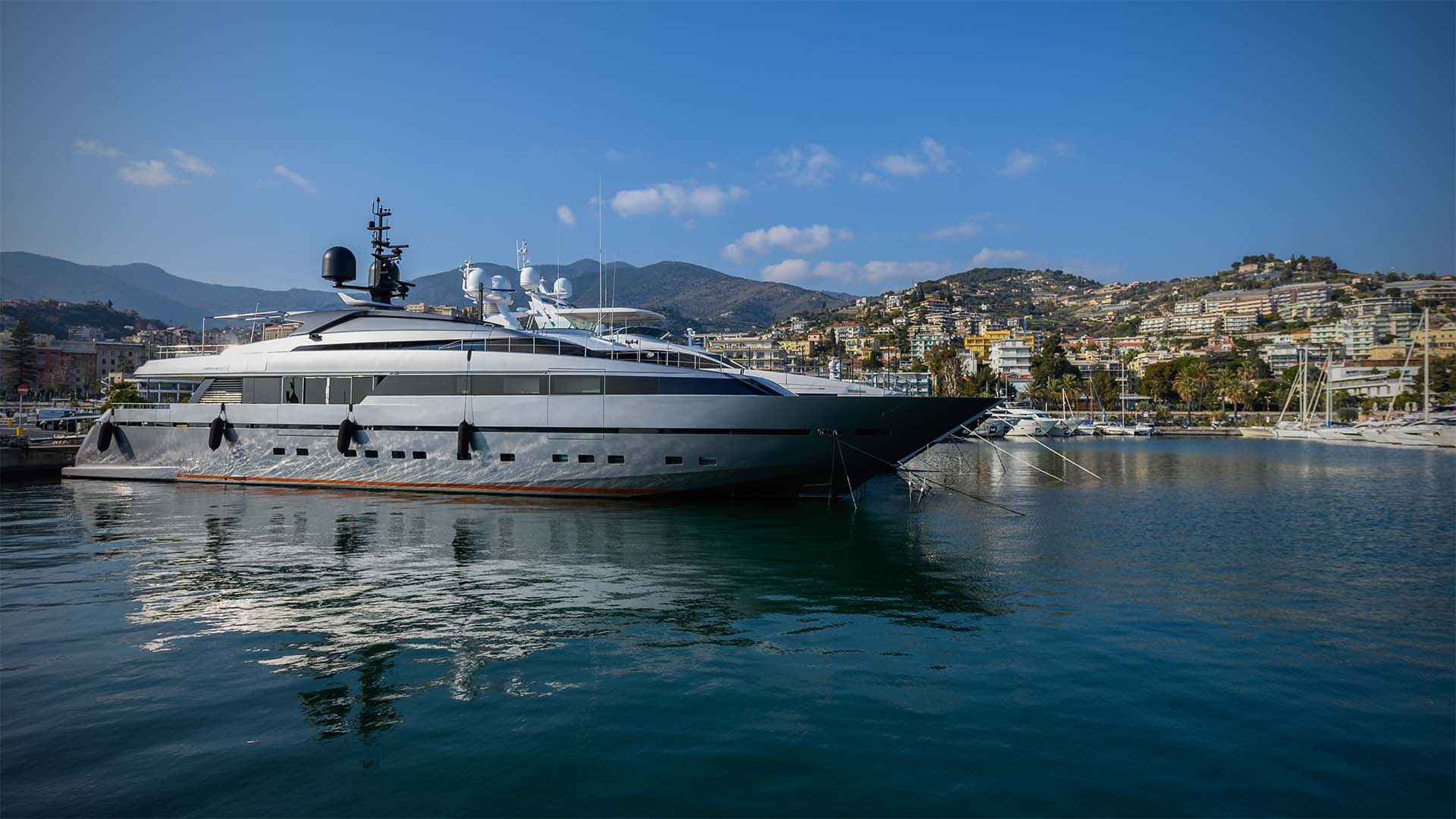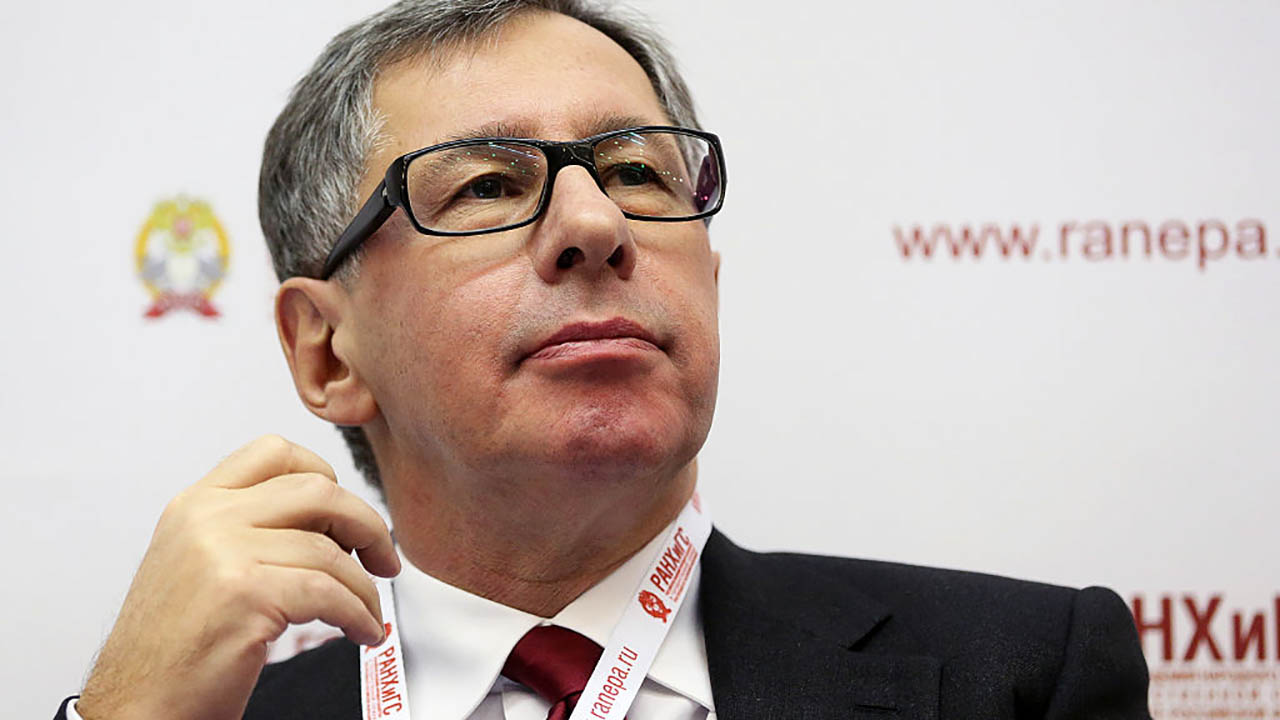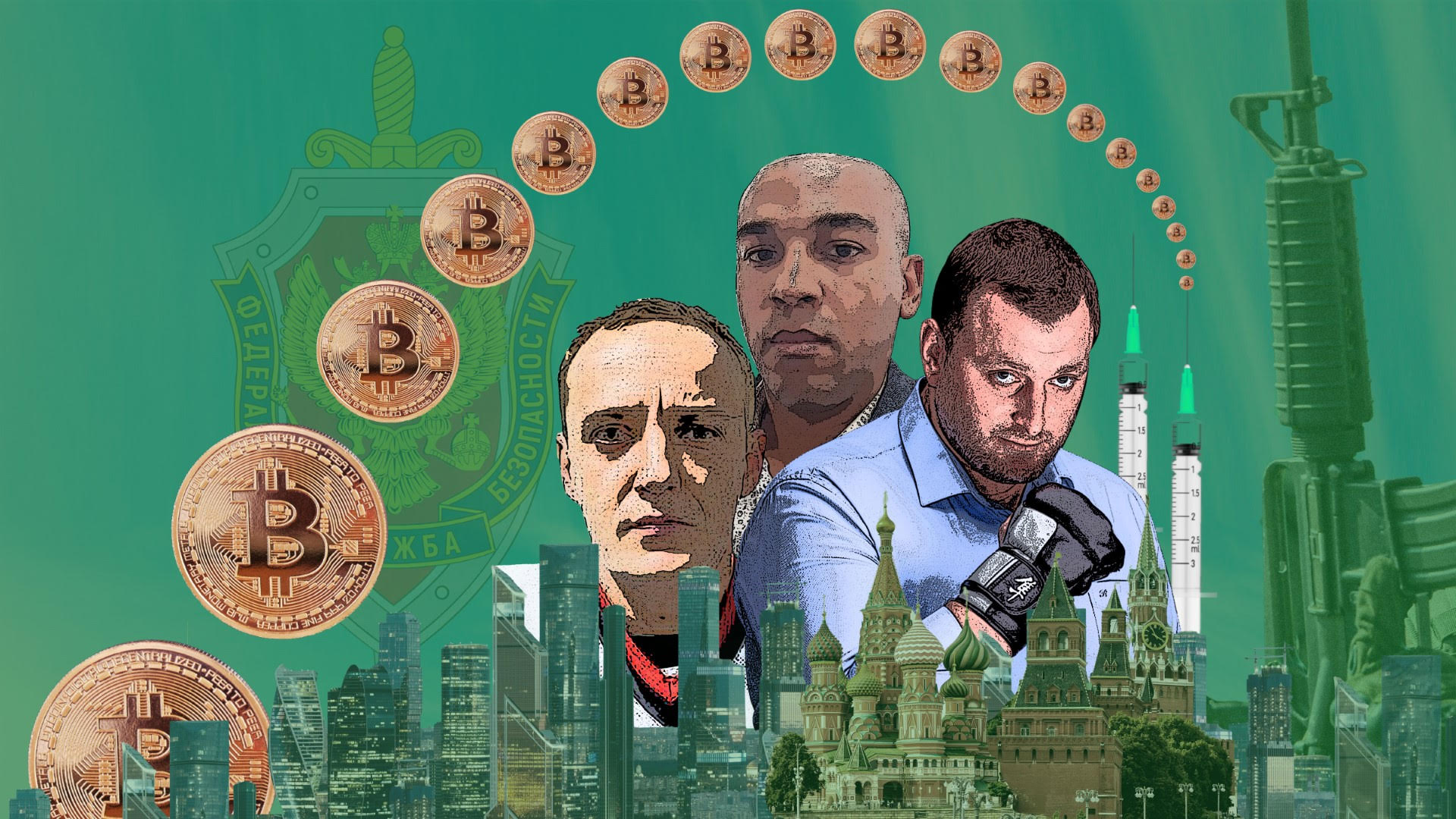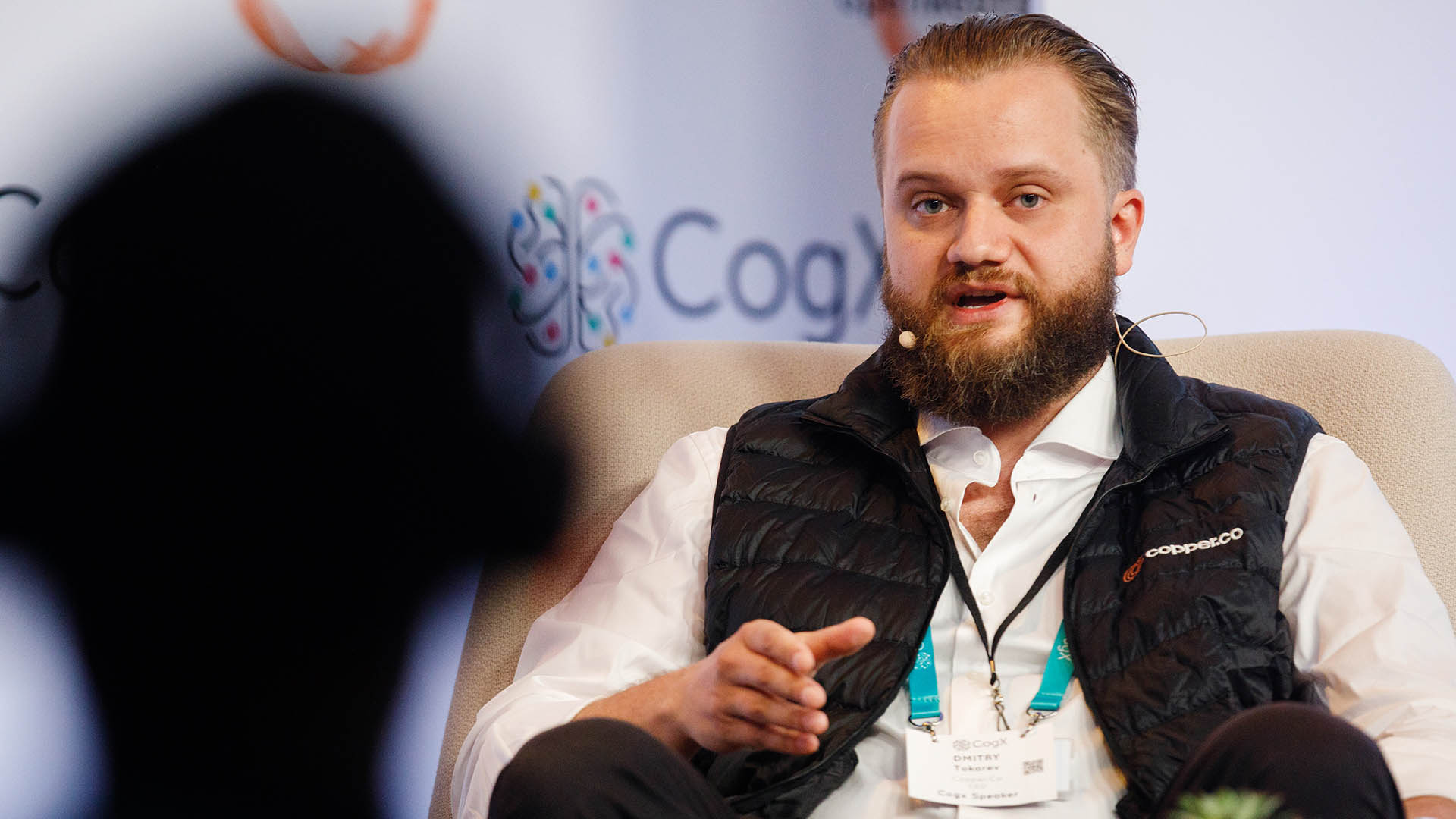British journalist Oliver Bullough has dedicated much of his career to tracing how ill-gotten wealth is moved across borders and sheltered in safe havens, including documenting how Russian oligarchs protect their assets with the assistance of Western institutions.
Now, as Russia’s invasion of Ukraine has sparked a new wave of sanctions from the European Union, the United States and the United Kingdom, Bullough’s work and expertise has gained even more relevance.
Bullough’s latest book, Butler to the World — subtitled “How Britain Became the Servant of Tycoons, Tax Dodgers, Kleptocrats and Criminals” — examines the U.K.’s role in the offshore and financial secrecy industry.
Bullough shared with ICIJ his thoughts about combating transnational corruption, the challenges of tracking oligarchs’ wealth and whether imposing sanctions has any meaningful impact.
How did you get started reporting on financial crimes and secrecy? What sparked your interest?
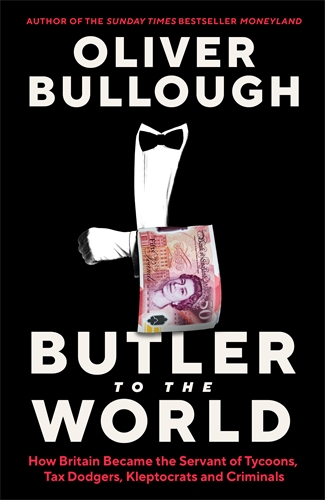
I’m really a Russophile who accidentally sprayed into writing about financial crime, and I haven’t yet found my way back to writing about Russia. I started my career writing about the St. Petersburg music scene, and then I got sucked into writing about the Chechen war. Then, gradually, I wrote about other things in Russia.
I realized eventually, after about 15 years, that everything I’ve been writing about — from the Chechen war to the collapse in life expectancy, to human rights abuses, to battles between oligarchs, to inequality, to popular uprisings against the governments — I realized that everything was essentially caused by corruption.
It was quite a sudden realization, really, it came to me in 2014, when I was in Ukraine, just after they had their revolution. I realized quite quickly that corruption wasn’t just a problem in Ukraine or Russia, that you don’t have to follow the money for very long, before you realize that Britain, the United States, Switzerland, and many other countries are deeply integrated in the way corruption works in places like Ukraine and Russia.
I didn’t think that was getting nearly enough attention. In fact, it didn’t seem to be getting any attention at the time. It turned out that as soon as I opened this door into what I called Moneyland [the title of an earlier book by Bullough], it was just endless. There was no limit to what you can uncover. The corruption and the kleptocracy, and the financial crimes just went on in every direction, forever. It was like a labyrinth that was full of doors. And every time you open a door, there was a new labyrinth.
So I suppose I still have a long-term goal, to go back to writing about fascinating aspects of Russia. You know, glorious, beautiful places and wonderful things. But corruption just keeps getting in the way.
And your books and reports on Russia have become even more relevant now.
Yeah, it does seem extraordinary. In the last few weeks, there’s been this huge amount of debate in the U.K., obviously, but also in the EU countries and in the U.S. and elsewhere about the need to find and freeze oligarchs’ wealth. And I do feel a little bit like saying, if only you’ve read my books before, you would have already known that you can’t just find oligarchs’ wealth. It’s not laying around on the ground. It’s very well hidden. It’s hidden with the assistance of some of the cleverest lawyers and accountants in the world. If you’re going to find it, you need to put in a significant amount of prior work. Imagining you can just find oligarchs’ wealth is like imagining you can just get off your couch and run a marathon. It doesn’t work like that. You need to really put the hours in to get the training done before you’re even ready to attempt the challenge.
So would you say that the sanctions from the European Union or the United States are somewhat symbolic, if they can’t really find the assets?
I think they probably are in some sense symbolic. They can be inconveniencing. I hope that past performance is no guide to future results. But if you look at the way the EU, which included the U.K., did the last round of big sanctions against Ukrainians and Russians, after the 2014 events — it was a bit of a flop really, nothing really came with it. America does a better job. It’s not perfect, either, but it does a better job of policing sanctions than the Europeans do. I think the issue, again, comes down to the way that money moves seamlessly between countries with no stop. Essentially, if in order to enforce your sanctions, you’re relying on the Cypriot authorities to do the right thing, then you’re in a bit of a tough spot, perhaps for the EU and the U.K., if you’re relying on the British government to take illicit wealth seriously, you know, that’s definitely a triumph of hope over experience. There’s certainly no sign of that being the case on their part. So for these sanctions to be anything other than symbolic, it requires a significant philosophical reevaluation of the approach to illicit wealth in many, many Western countries.
I just finished reading your report, An offshore cold war, and your approach is that democracies should combat kleptocracy and corruption together, in cooperation, looking at it as a transnational issue. But is it too late to catch up?
No, of course we can catch up. The question is: What price are we prepared to pay to catch up? We, and when I say we, I mean in the West more generally, but in Britain in particular, and in America, I suppose, too.
We invented offshore for our own reasons, to allow banks, large companies, and wealthy people to avoid regulations and to avoid taxes. Our governments tolerated it because those people were well connected and had lots of friends in government. So the oligarchs, and the kleptocrats, and the mafiosi, and the cartels who use offshore as well, we could stop them in a minute by just closing the loopholes that they use.
If we close the loopholes that they use, we would also be inconveniencing large Western companies, wealthy Western people … [so,] how much do we care about Ukrainians?
The problem is that if we close the loopholes that they use, we would also be inconveniencing large Western companies, wealthy Western people who are very well networked, and have very powerful lobbies.
So the question that I think all governments are confronting at the moment is, how much do we care about the Ukrainians? We’re watching the Ukrainians standing, opposing tanks with their bare hands. Do we care enough about them to inconvenience our own rich people? Or do we not? Because the only way we’re going to drive kleptocratic wealth out of our economies is if we close the loopholes, which are used by all rich people, whether that wealth is legal or illegal.
So I haven’t seen any sign yet, really, from any Western country, that the governments have appreciated the scale of the challenge they are up against.
But are western governments only upholding a problematic system solely to protect their own wealthy people or are they knowingly aiding the kleptocrats and drug cartels to hide illicit wealth?
One of the stories that shocked me the most in “Butler to the World” was the story of how British shell companies were used to launder hundreds of millions of euros out of the former Soviet Union. This was uncovered by journalists, private investigators and government investigators. And this information was taken by members of the British Parliament to the House of Commons and presented to the government. They knew what had happened. They knew, for example, that money laundering had cost Azerbaijan 15% of its GDP in one go. And that was all hidden behind British shell companies. And yet, when the British government had a chance to do something about that, to prevent that happening again, they chose not to. The reason they chose not to was because of their concerns about preserving the competitiveness of the city of London.
To my mind, that is a very stark demonstration of the fact that unless something incredibly strange happens, Western governments always prioritize the interests of their own wealthy people ahead of the interests of ordinary people in distant countries, even countries like Moldova that aren’t very far away, let alone a country like Malaysia that probably most British politicians couldn’t find on a map.
At ICIJ, we launched the Russia Archive, which brings together relevant financial files from our vast trove of leaks that are now the focus of renewed interest, given the ongoing investigations into the hidden wealth of President Vladimir Putin’s ruling elite. Can you talk about why Russians are some of the most prominent users of the offshore industry?
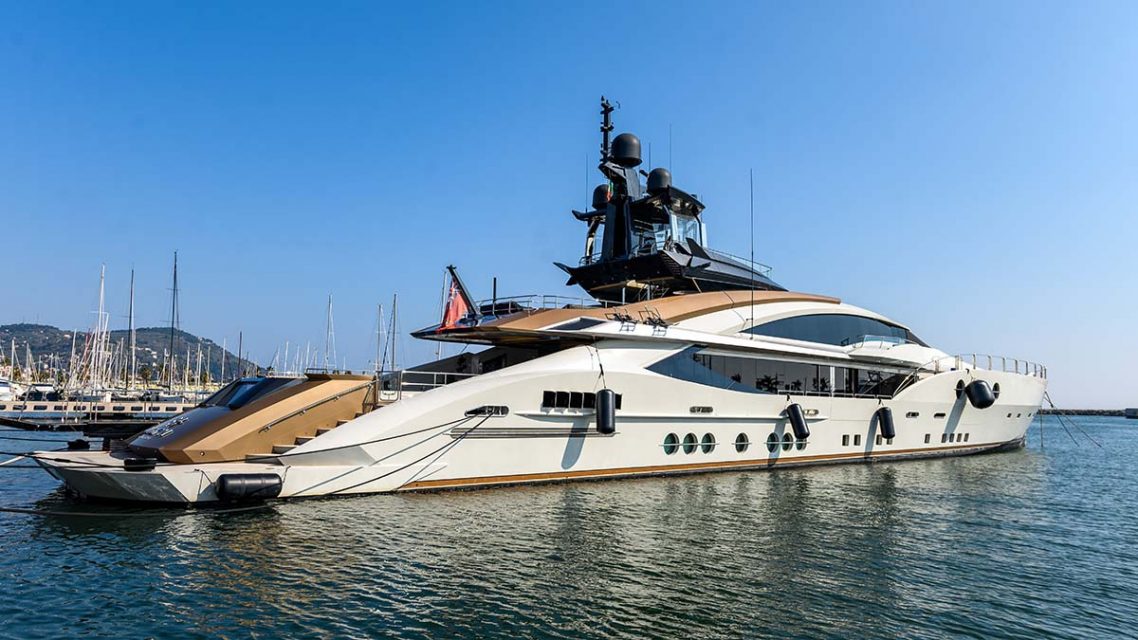
Russia, as a whole, has a far higher proportion of wealth offshore than any comparable country. The reason for that is very simple: it’s incredibly unequal. A very small number of people own almost everything, and they don’t trust each other any more than they trust us. So, as an insurance policy, it’s completely logical for them to try and get that wealth into as many different jurisdictions as possible. They read the same newspapers as we do, so they know very well that there are lots of question marks over the origin of that wealth and concerns about what they’re doing. So they’re obviously going to be very sophisticated in how they obscure that wealth to make sure that we can’t find it any more than the Russian government can find it. That’s the obvious reason … Russia has a lot of billionaires, it doesn’t have very many millionaires, but it has a lot of billionaires and billionaires can afford to employ the services of the best lawyers to create the best offshore solutions. They really want the best offshore solutions because they want to make sure that no one can find their money.
You’ve talked about hypocrisy in the way countries deal with the crossroads between policy and profit. Is this an instance of that hypocrisy at work?
Absolutely. I mean, I think Britain is notable for having essentially run two foreign policies for decades. It has one foreign policy in which it’s a firm defender of democracy and the rule of law, and another foreign policy whereby it accepts money from absolutely anyone, whoever they are, whether or not they’re doing their absolute utmost to destroy democracy and the rule of law. Lots of other countries have done similar things and they all claim that these two policies are different. One is politics, and the other one is business. But there’s no difference between politics and business in Russia, it’s the same thing. You use one to get ahead in the other and use the other to get ahead in the first one. So claiming that there’s somehow a difference between Russian politicians and Russian business is an artificial distinction that doesn’t make any sense at all in the context of Russia. And the same applies not just to Russia, but to Angola, or Nigeria, or China, or Azerbaijan, or Venezuela, there are so many other kleptocratic places. Business and politics are the same thing, so why distinguish between them?
How have big offshore leaks like the Pandora Papers or the Panama Papers impacted what we know about international corruption and the discourse on tax havens and financial secrecy? And why is it important that the information is public?
I think in terms of the structure of offshore and how offshore works, we already knew that, but in terms of the details the Pandora and Panama Papers, and Paradise Papers, and so on, have done a huge amount for filling in the gaps. We really understand it much better, and also, the details have helped law enforcement and governments to really go after wealth they otherwise wouldn’t be able to go after, which has been amazing. I think that also, this transnational cooperation between journalists has been a model for how everyone needs to work to combat kleptocracy. Kleptocrats work transnationally, so everyone needs to work transnationally. And the way that journalists have done that has been incredibly successful and inspirational as an example of how these connections can be built horizontally between nations to really work on investigating this well. Law enforcement agencies find it much harder to do that, for whatever reason. But it’s an example they should follow. It’s not just been great journalistically speaking, honestly, I think it’s been really good as an example of best practice.
I find that these conversations aren’t very uplifting, because the more we talk about it, the more we realize there is a lot more to be done and it feels like we are just making a dent in a rogue system. There’s a lot of information out there that we will probably never get our hands on.
This is true.
So is there anything good happening? Have you seen any positive changes in your years covering financial secrecy and transnational corruption?
If I start getting depressed, I remember what my friend Daria Kaleniuk [who works for the Anti Corruption Action Center, where Bullough is part of the supervisory board] told me. She’s an anti-corruption activist from Ukraine. I asked her how she didn’t get depressed. In Ukraine, they have been making some progress against corruption, but it’s very slow, very difficult. And they’re fighting on every front all the time. And she said to me, “I don’t think about defeating corruption. I don’t think about a hundred percent. I know that we’re now at four percent and my aim is to get us to five percent. And if I can get us to five percent, I stop and think again and say, should I keep going and get us to six?” Now, the situation is really bad, at the moment. There’s very little positive action being taken that will really make a difference. But I’m pretty confident that the work that the ICIJ does, or the work that the OCCRP do, or the books that I write, or the books that other journalists write in order to draw attention to this, I’m pretty confident that we’re getting the world from four to five percent, just by exposing what the problem is. There’s much, much more awareness in the nature of the problem now than there was even five years ago. There are far more politicians talking about it. There’s far more international cooperation and discussion about it. So yes, it’s depressing and yes, we’ll never know everything and we’ll probably never get to a hundred percent. But I’m not really thinking about that. I’m just thinking, well, if enough people read my books, and enough people listen to me on the radio, and enough people read my tweets, then I’ll be making a bit of a difference. And eventually corruption will be sufficiently defeated that I’ll be able to go back to wandering about Russia.
This interview has been edited for clarity.
